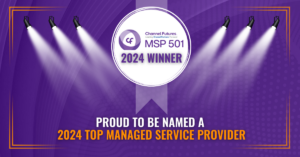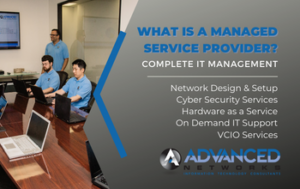What is “E-Skimming”?

IT consulting firms in Los Angeles regularly encounter new security threats that the clients they serve are unaware of. One particularly nasty threat to small businesses today is e-skimming. This is where hackers insert code in place that hides in the background which waits for an opportune moment to steal data.
How E-Skimming Code Works
Usually, especially as concerns digital stores, the virus waits until a client of a business is about to enter in their credit card information. It then “skims” that information as a means of stealing assets.
“Skimming code” is what allows hackers to do this. Oftentimes, they won’t actually steal money from the credit cards they skim, because that will quickly expose the skimming code that they’ve smuggled onto the checkout page of a business.
Rather, they sell that information to buyers on the dark web who use it for identity theft. In this way, they can steal vast quantities of data without anyone being the wiser. Generally, e-skimming transpires when hackers take advantage of unknown weaknesses in the design of SMB websites— or enterprise websites; whoever the “merchant” happens to be. Sometimes, phishing scams are used to get information from merchants allowing hackers to facilitate e-skimming scams.
Safety Tactics
IT services in Los Angeles can be key in helping you avoid such scams. Generally, IT consulting firms in Los Angeles will advise you to take a few key steps to avoid being victim to an e-skimming attack, whether you’re a merchant or a buyer on an online site. For buyers, regularly check online credit card statements for spurious activity. Avoid using debit cards for online purchases.
Mobile wallets are a good idea. As an SMB, working with ApplePay or PayPal is wise. You can also incorporate multi-factor authentication prior information capture and sale completion for added security.
Safeguarding Information
IT consulting firms in Los Angeles like Advanced Networks can help advised you pertaining to common e-skimming tactics. This helps you avoid incidentally compromising your clients and undermining your bottom line. Contact us for more information.




